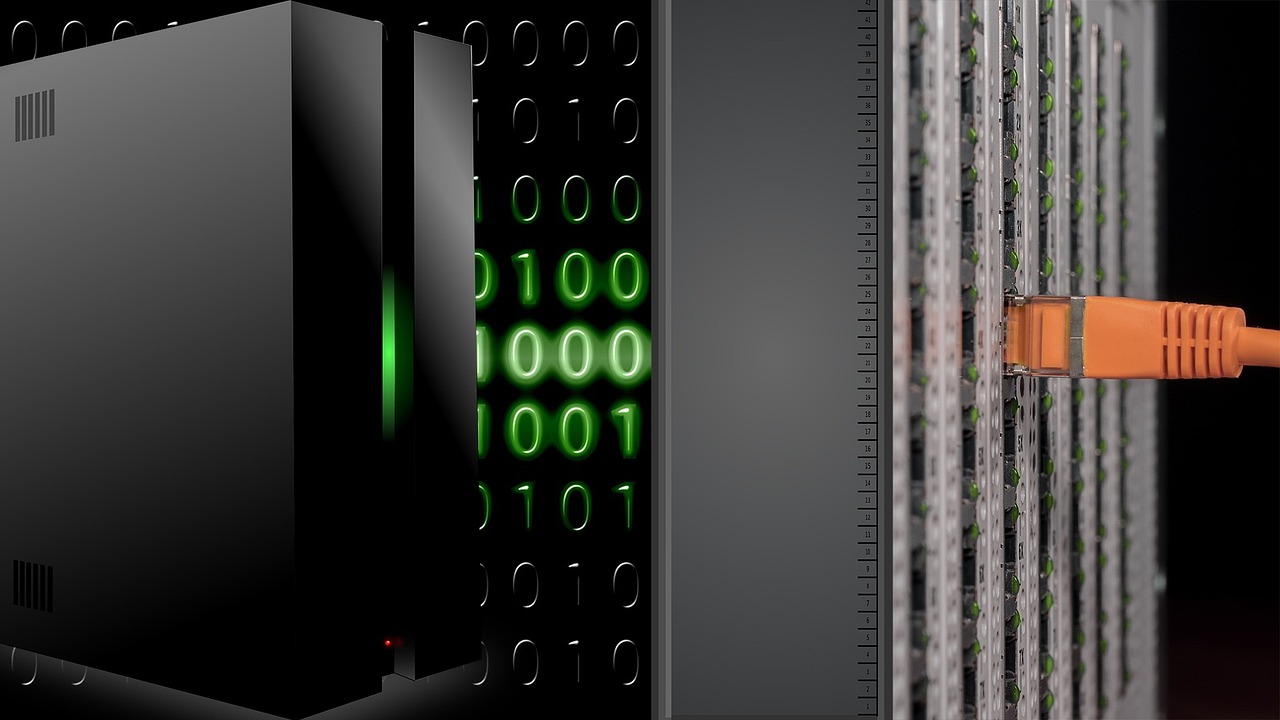Data backup and data redundancy are related, but there are significant differences between them, especially when speaking about benefits. Data backup refers to storing data copies virtually or locally. Data center redundancy involves adding an extra layer of protection to reinforce the existing backup. Businesses are advised to apply an additional protective layer over their consumer, corporate, and confidential data in order to successfully ward off malicious attacks.
Protecting Company Data
The contemporary business world is technology-dependent, and the risk of losing vital business data is high. The repercussions of a data center malware attack can be devastating to a business regardless of size. In fact, every company should protect its critical data by including IT center redundancy in its business contingency plan.
The importance of data center availability and reliability must be addressed. Redundancy indicates that if a cable, networking component, or power supply fails, the company will not suffer damage. For each of these situations, there are backups in place to guarantee that failures don’t take place. The design of the data center maximizes the availability of resources.
Data Center Redundancy
When designing or selecting a data center, there are a lot of aspects to consider. Redundant and reliable infrastructure is an important component, but many companies fail to realize it. Establishing data center redundancy can help the company to disseminate across several nodes effectively and obtain high uptime percentages.
Both businesses and their clients have significant amounts of data. While you may think that creating a redundant set of data would be costly and unwieldy, redundant data centers actually enhance scalability.
Redundant data centers are ever-evolving and growing and are set up to facilitate maximum service delivery at an affordable cost. A redundant data center is designed to grow and change in an operationally simple, scalable way. Any database infrastructure must be scalable to guarantee smooth, reliable, and effective data replication. Compliance is a vital element of regulated businesses and must be addressed through strategic choices – often including the selection of a data center partner. not successfully mitigating the risk to client data in a regulated industry can result in serious non-compliance penalties.
Your business may have a responsibility to protect customers’ transaction records, banking transactions, personal and historical details, and PII (Personally Identifiable Information) – making the need for redundancy and protection obvious.
Operational Continuity for your Data Center
Losing critical data can cripple any business, but it’s worse if the company is still establishing reputation and goodwill. Offsite data redundancy offers the comfort of reduced downtime and more comprehensive recovery. If an attack targets the PII database, an offsite data facility allows the company to mitigate the situation while preventing any significant losses. Offsite support and redundancy can restore operational data, minimize downtime, and protect customer satisfaction – ensuring continuity in the face of an outage.
Many businesses have a backup practice in place to store data locally, giving them complete control over their data. However, most experts agree this solution is potentially dangerous for organizations. If something unexpectedly occurs at the physical site, your data may be at risk. Companies can guarantee against this risk by choosing to back up data both locally and offsite. A redundant data center that can provide close to 100% uptime, reliability, and a spectrum of data backup and security solutions will keep data safe.
Alliance IT is a managed services firm that provides data redundancy, outsourcing support, and technical expertise to Sarasota area businesses. If you are a small to medium-sized business that needs IT support, call us today to learn more about how we can help.

